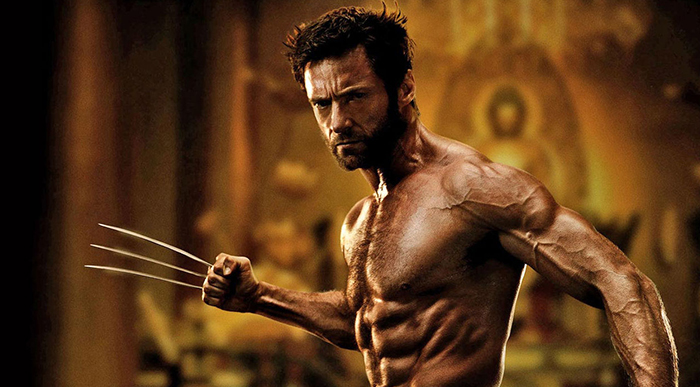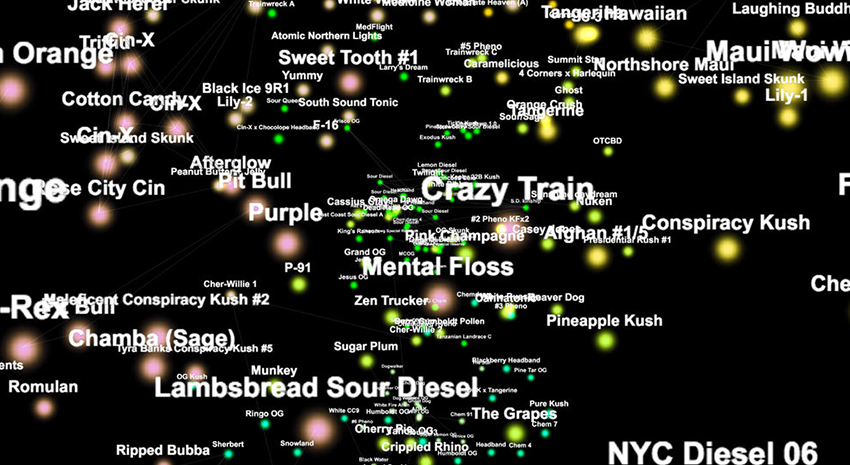I do not like superhero movies. Yes, I said it, and you can say it, too. You don’t have to watch them. Though the box office and review aggregate websites make it seem like you have no choice, you actually do. In 2016, I learned this valuable lesson and only watched two superhero movies: Batman V. Superman and Suicide Squad. I was paid to watch Batman V. Superman, the grim disaster porn blockbuster with both Any Randian and Crossfit™ undertones. I opted to watch Suicide Squad of my own free will, assuming the flick would be everything that is wrong with the film industry (and, as it turns out, the government). My hunch ended up being on point, to say the least.
Why is it that so many American film lovers feel that they have to see these movies? There is an odd sense of FOMO that afflicts film fans in a supercharged, internet-addled way. For comparison, it would be crazy to say that your credentials as a TV fan are in doubt if you haven’t seen Big Bang Theory or that you’re music views are invalid if you haven’t picked up the latest record from One Direction. The accepted opinion in American film conversation is that if you don’t see tentpoles, then you aren’t actively participating in the culture.
How did we get here? Fan culture is important, and in the early days of the Internet, sites like Ain’t It Cool News and filmmakers like Kevin Smith launched a long-awaited celebration of geekdom. For the first time, people from around the world were able to leave avoid their comic book stores, mildewy basements, and advance screenings and instead find a community to talk about esoteric, nerdy film stuff on the internet. Good for them. Then social media happened.
Since then, this culture has exploded. It almost goes without saying that superhero and sci-fi fans have become rabid, trolling pseudo-critics. They’re people who love to argue for the sake of arguing, demand a never-ending churn of content about every installment of their favorite franchises, and generally clog up social media feeds. If you can imagine a left-field take on Rogue One, google that take. I guarantee you that it has already been written.
There is so much television, it is impossible to have a purity test for the viability of a critical point of view. Even the most dedicated, full-time critics admit that there aren’t enough hours in the year to see every season of every show. As a result, the critical community has become about turning people onto hidden gems and admitting freely that you haven’t seen any number of shows that appear on another critic’s top ten list. This is a healthy way to live. Instead of burning me at the stake for not having seen Jane the Virgin, you slip me your Hulu password and say, “Hey man, check it out when you get a chance.”
In American film, there seem to be two camps, and the legitimacy of your opinion depends on checking off a list of films you’ve seen. On one side, we have the Star Wars, super hero, and Harry Potter films, and if you miss one Marvel release, you lose your nerd cred forever. In fact, if you don’t own at least three pieces of licensed merchandise and can’t produce at least a half-dozen obscure trivia points about sorting hats or light sabers, you are out of the club. And if you’re a woman, you can go ahead and increase those requirements by a factor of ten. On the other side, we have the breakout indies that get a wide release: Manchester By the Sea, Moonlight, The Witch etc. If you don’t see every single indie darling (never mind that these emerged from hundred of film festival entrants that statistically no one sees), you aren’t a cinephile.
As more and more content floods the marketplace, it is time to do away with film completism. We have decided that you can have a valid opinion on novels, music, television, and theater without having spent every weekend consuming your art form of choice. Why can’t we agree that you don’t need to wrack up hundreds of dollars on Fandango or fill external hard drives with absurd amounts of torrent files to have an opinion on movies?
Be the change you want to see in the digital world. I have set boundaries for myself and it feels really good. My personal rule is that I will only see a Marvel or DC movie if it seems fun, plain and simple. It’s now an instinctual, gut-based decision. Guardians of the Galaxy was one of the best movie-going experiences I had in recent memory. I watched in 3D in the Arclight dome and it was wonderful. I also enjoyed seeing a movie that I knew would be historically terrible, like Suicide Squad. I approached that mess with the same morbid glee I brought to my screening of Fifty Shades of Grey. I was not disappointed.
If you love watching superhero movies, if you love watching Bruce Wayne’s mom drop her pearls in the sewer for the seventeenth time or watching Peter Parker discover his powers in the form of clunky pubescent metaphor for the twenty-seventh time, so be it. But, I am here to tell you that you don’t have to see Avengers: Dawn of Thor’s Buttcrack if you don’t want to. Or, if we’re being timely, Logan (out now via 20th Century Fox).
The only things that you are going to miss out on by skipping the next superhero tentpole are a few Twitter conversations, some snarky BuzzFeed quizzes, and the articles from Slate, Salon, and Vox explaining to you snootily why whatever people liked about the film was actually bad. Believe me, as I speak from experience, you won’t miss any of it.











